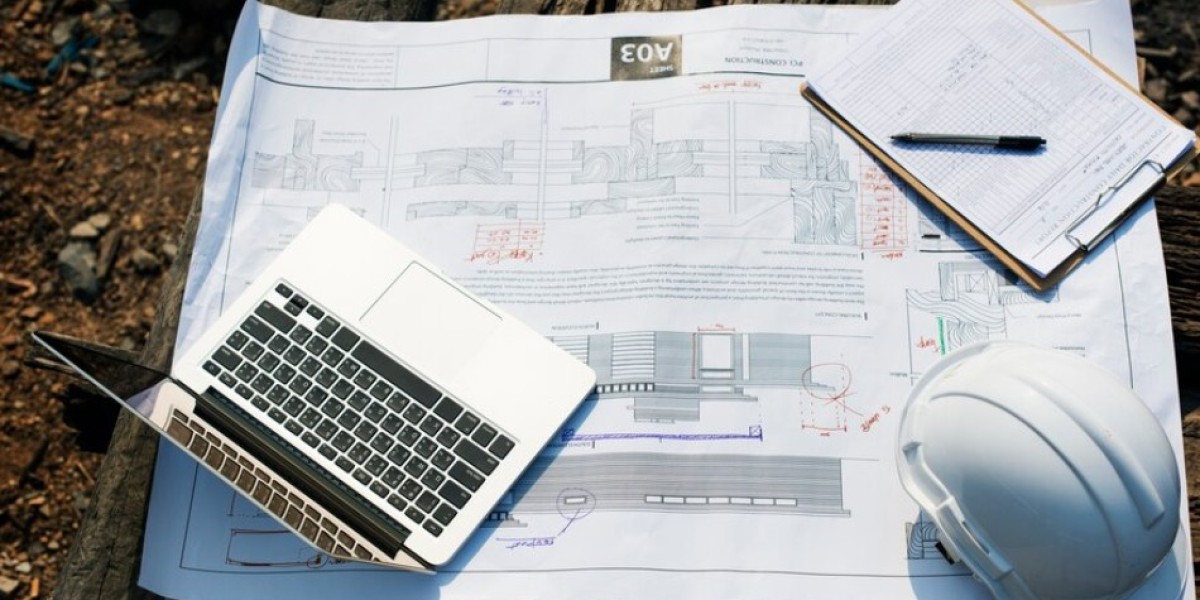In the dynamic world of construction, every project relies on efficient material transportation, and construction haulage is a critical component that can make or break the success of a project timeline. Haulage involves the transport of essential building materials, equipment, and machinery needed to complete a construction site. Without seamless haulage operations, delays can easily creep into the workflow, causing ripple effects throughout the project. In the UK, where the industry faces specific challenges such as tight schedules, strict regulations, and varying weather conditions, understanding how haulage impacts construction timelines is key to achieving timely and cost-effective project completion.
The Vital Role of Haulage in Construction Projects
Construction haulage serves as the backbone of any project, ensuring that materials needed at different stages of development reach the site on time. Whether it’s delivering raw materials, prefabricated components, or heavy equipment, construction haulage keeps the supply chain moving smoothly. A few key aspects highlight the importance of efficient haulage:
Timely Material Deliveries: From the foundation phase to the finishing touches, every stage of construction depends on timely material deliveries. Without the right materials arriving when needed, workflows come to a halt, slowing down progress and forcing costly delays.
Machinery Transport: Heavy machinery such as excavators, cranes, and other essential equipment play a crucial role in construction projects. Reliable haulage ensures that these large machines are safely transported to the site and returned when no longer needed, maintaining uninterrupted work.
Coordination Across Trades: Construction sites are bustling environments with multiple trades working simultaneously. Haulage must be perfectly coordinated with other activities, such as masonry, plumbing, electrical work, and scaffolding. Disruptions in haulage can cause delays in these other processes, which, in turn, slows down the entire project.
Common Causes of Haulage Delays in Construction
While efficient haulage can keep a project on track, delays in transportation are an all-too-common issue in the construction industry. Several factors contribute to haulage delays, each affecting project timelines in different ways:
Traffic and Congestion: UK cities and construction zones often deal with heavy traffic, roadworks, and congested routes. Delays caused by navigating through busy areas or detours can slow down deliveries, leading to material shortages on-site.
Weather Conditions: The UK’s unpredictable weather—ranging from rain and wind to snow and ice—can disrupt haulage operations. Poor weather conditions can make roads unsafe, delay the arrival of heavy loads, and reduce the overall efficiency of deliveries.
Lack of Coordination: Inefficient communication between construction managers and haulage providers can result in misaligned schedules. Haulage operations may arrive at sites ahead or behind of when materials are needed, causing workflow disruptions.
Vehicle Availability: Finding the right haulage vehicles for different materials can be challenging. Whether it’s a need for larger flatbeds, low-loaders, or smaller vans, delays occur if the correct type of vehicle isn’t available when materials need transporting.
Unpredictable Material Supply Chains: Fluctuations in material availability—whether due to supplier shortages or delays—can cause haulage delays. When key components are missing, transportation schedules must be adjusted, leading to significant time setbacks.
The Ripple Effect of Haulage Delays on Construction Timelines
Haulage delays create a domino effect that impacts every phase of a construction project. Each delay contributes to a slower timeline, affecting labor productivity, equipment use, and the overall efficiency of the site. Here’s how haulage delays can influence project schedules:
Early-Stage Delays
In the initial stages of construction, delays in the transportation of materials like concrete, aggregates, and steel can hinder groundwork activities. When foundations, base layers, or initial earthworks cannot proceed as planned, the entire project timeline starts to fall behind.Mid-Stage Disruptions
Midway through construction, delays in the delivery of structural components—such as beams, trusses, or precast walls—can cause bottlenecks. These delays affect subsequent tasks, slowing down masonry, tiling, roofing, and other trades that depend on these materials.Final-Stage Delays
In the final phases, haulage delays can prevent critical finishing materials from arriving—whether it’s paints, fixtures, or flooring materials. These delays result in incomplete work, missed deadlines, and a delayed handover to clients, leading to frustrated stakeholders.
The Financial Impact of Haulage Delays
Construction haulage delays don’t just cause scheduling issues—they also lead to significant financial repercussions for project budgets. Delays increase costs in several ways:
Labor Costs: Construction workers may need to remain on-site longer than expected, adding extra labor hours to the project. Extended work hours to catch up on lost time further inflate payroll expenses.
Overhead Expenses: When construction timelines stretch out, overhead costs such as site rentals, temporary facilities, utilities, and security also rise. Delays mean construction sites stay active longer, leading to higher running expenses.
Equipment Rental: Haulage delays can extend the need for equipment rentals. Machinery that sits idle while waiting for materials to arrive results in wasted usage fees and further budget drain.
Revisions and Adjustments: Delayed schedules often require design revisions or adaptations, leading to unexpected procurement costs, administrative changes, and delays in obtaining permits or permissions.
Strategies to Avoid Haulage Delays in Construction Projects
Managing haulage effectively is crucial to keeping construction projects on track. By implementing strategies that streamline transportation operations, construction teams can reduce the likelihood of delays and ensure timely deliveries:
Advanced Route Planning: Using route optimization software helps avoid congested areas and predict potential delays due to roadworks or traffic. Construction haulage companies can plan efficient delivery routes that minimize disruptions.
Weather Preparedness: Haulage providers in the UK must prepare for weather-related challenges by using vehicles suitable for specific conditions. Pre-arranging alternative routes and adjusting schedules to accommodate seasonal variations can prevent delays caused by adverse weather.
Real-Time Communication: Strong communication between construction managers and haulage providers keeps everyone aligned. Real-time updates about material needs, delivery schedules, and any changes ensure that all aspects of haulage operations remain efficient.
Reliable Haulage Providers: Partnering with established and trustworthy haulage companies that have experience in construction projects can reduce the chances of delays. Reliable providers ensure timely delivery and offer access to a range of appropriate vehicles and equipment.
Flexible Planning and Contingency Measures: Incorporating buffer stocks or having contingency plans for critical materials can act as safeguards against unexpected haulage delays. Flexible planning allows teams to keep working while waiting for materials, reducing downtime.
Conclusion
In the UK construction industry, haulage plays a pivotal role in determining whether projects are completed on time. Delays in transporting materials can have a ripple effect, slowing down every phase of the build, from foundation works to the final touches. Proper management of haulage logistics—combining advanced planning, real-time communication, weather preparedness, and partnerships with reliable haulage providers—helps ensure smoother operations. By addressing haulage effectively, construction companies can minimize disruptions, reduce costs, and keep their projects on schedule, ultimately leading to more successful and timely project deliveries.
Summary:
Haulage is essential to construction projects in the UK, as delays in material transportation impact timelines across every phase. From early foundations to final finishes, haulage disruptions create bottlenecks, increase costs, and delay project completion. By optimizing route planning, preparing for weather, communicating effectively, and working with reliable haulage partners, construction teams can ensure smoother logistics and keep their projects on track, ultimately avoiding costly delays and ensuring timely delivery.








